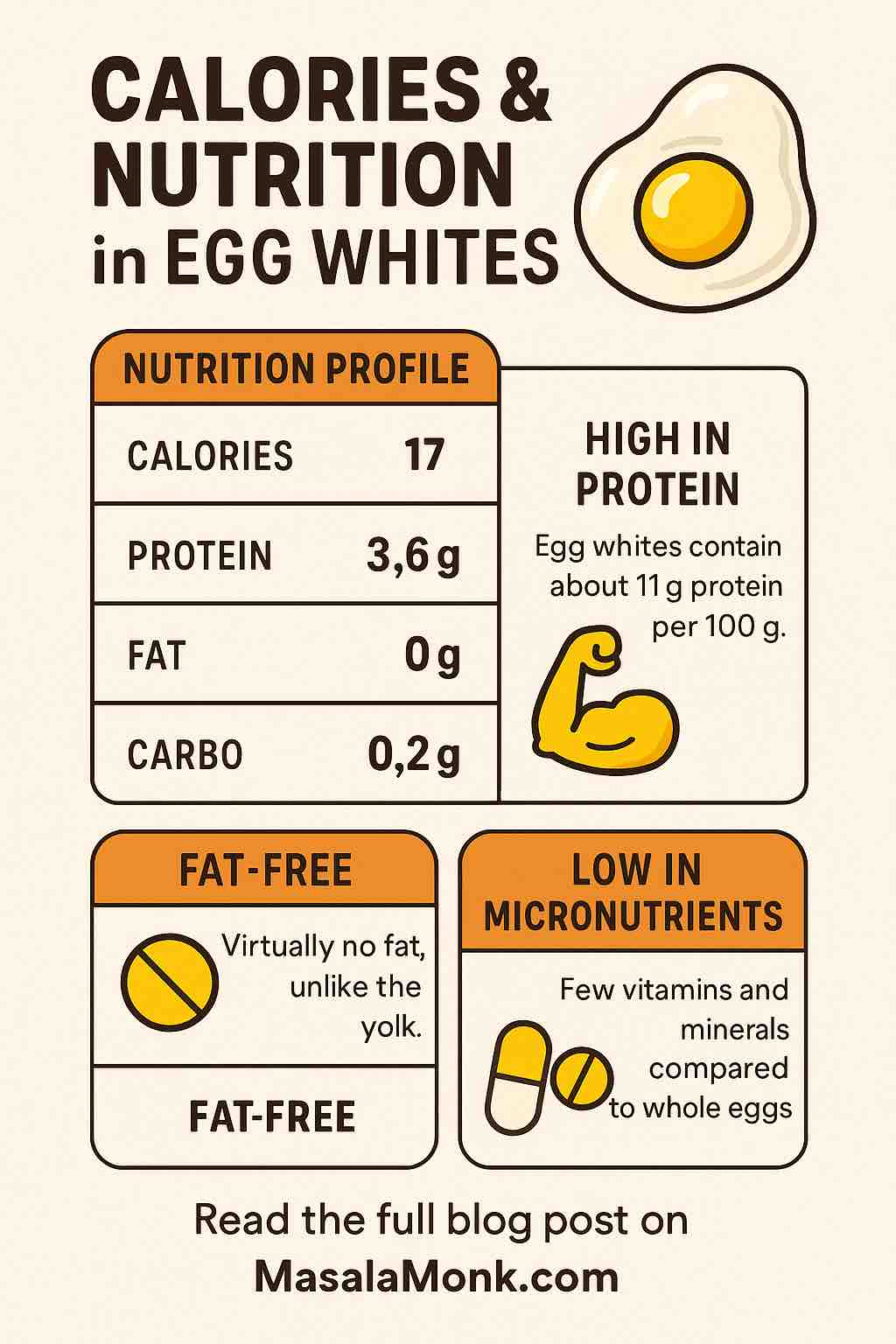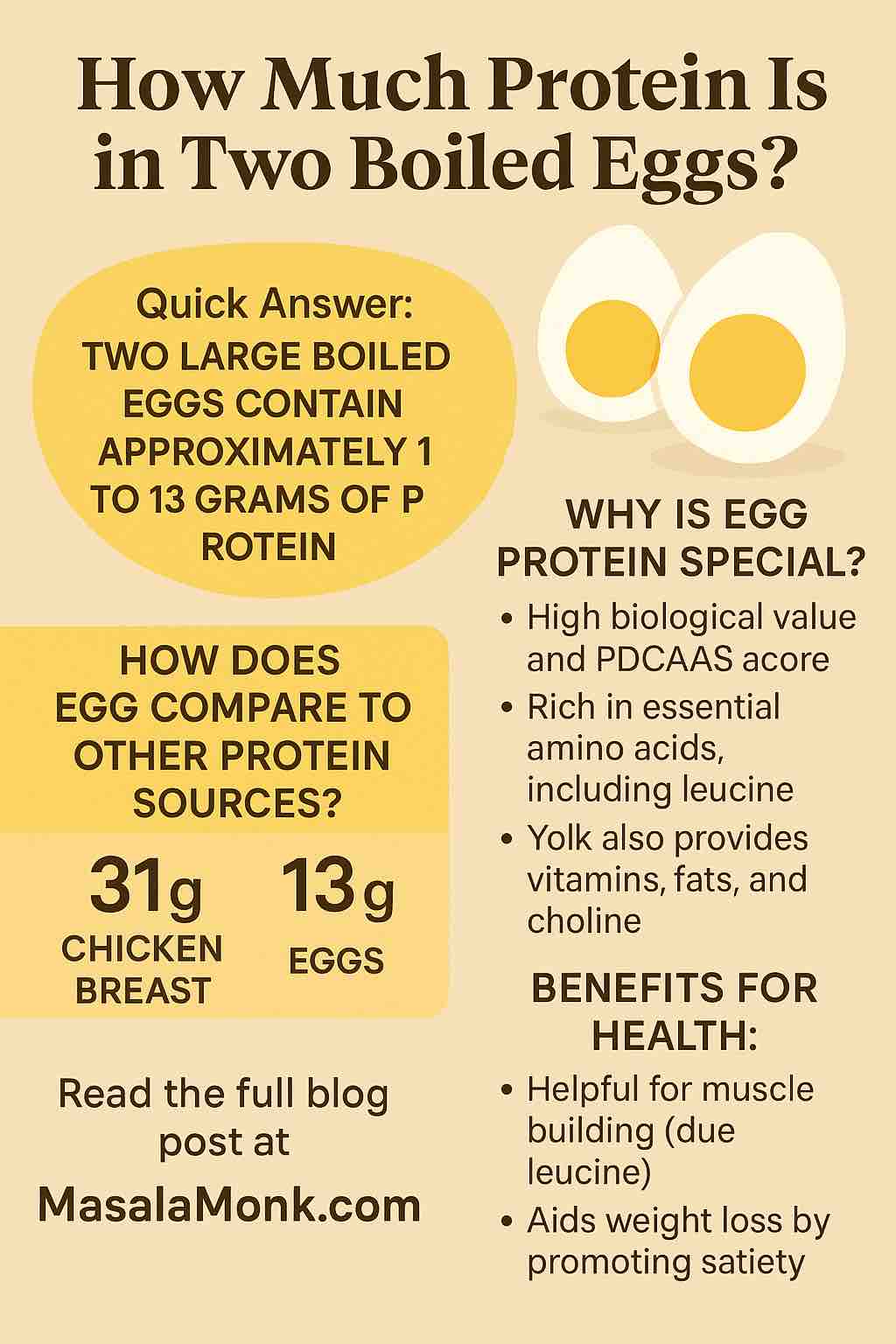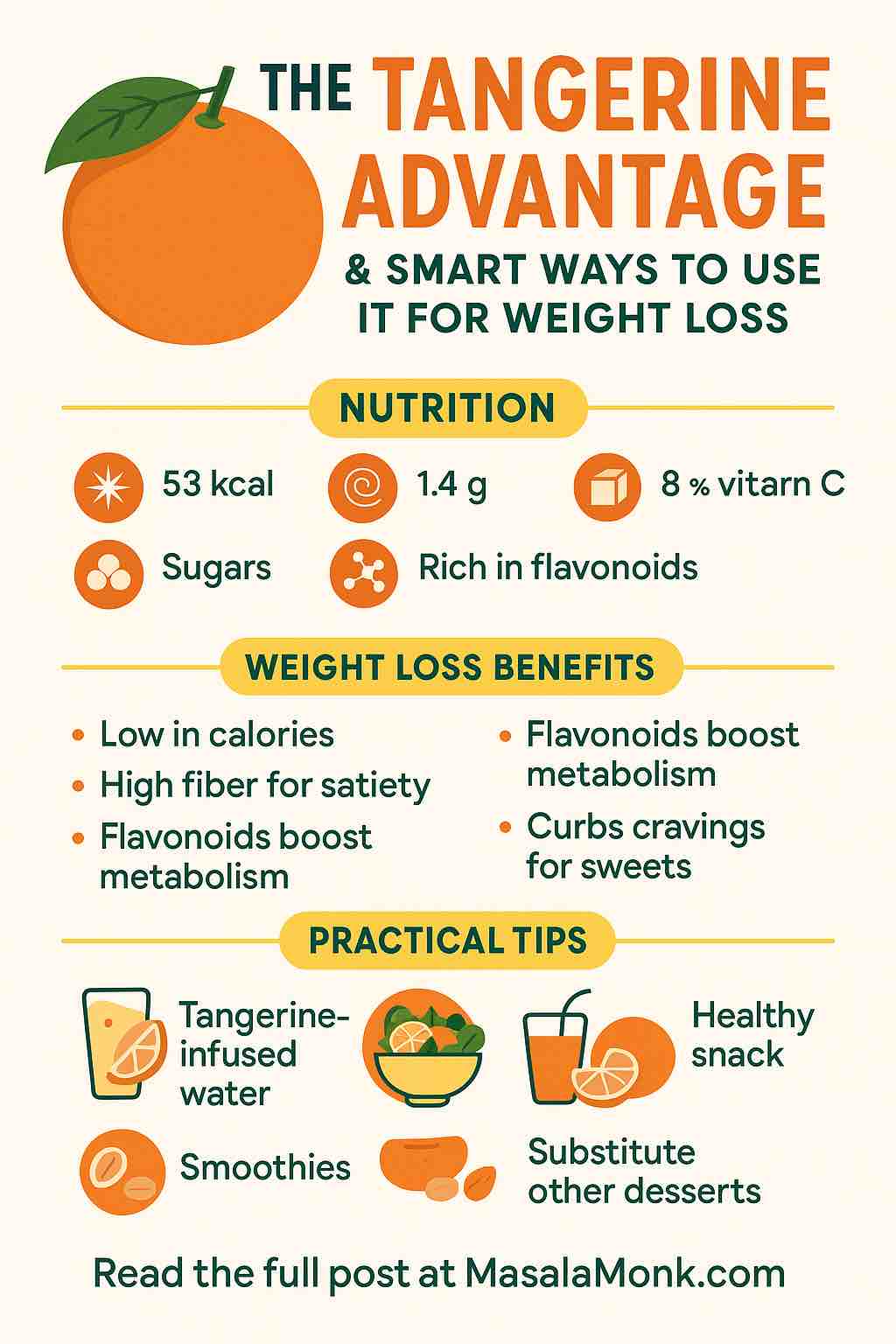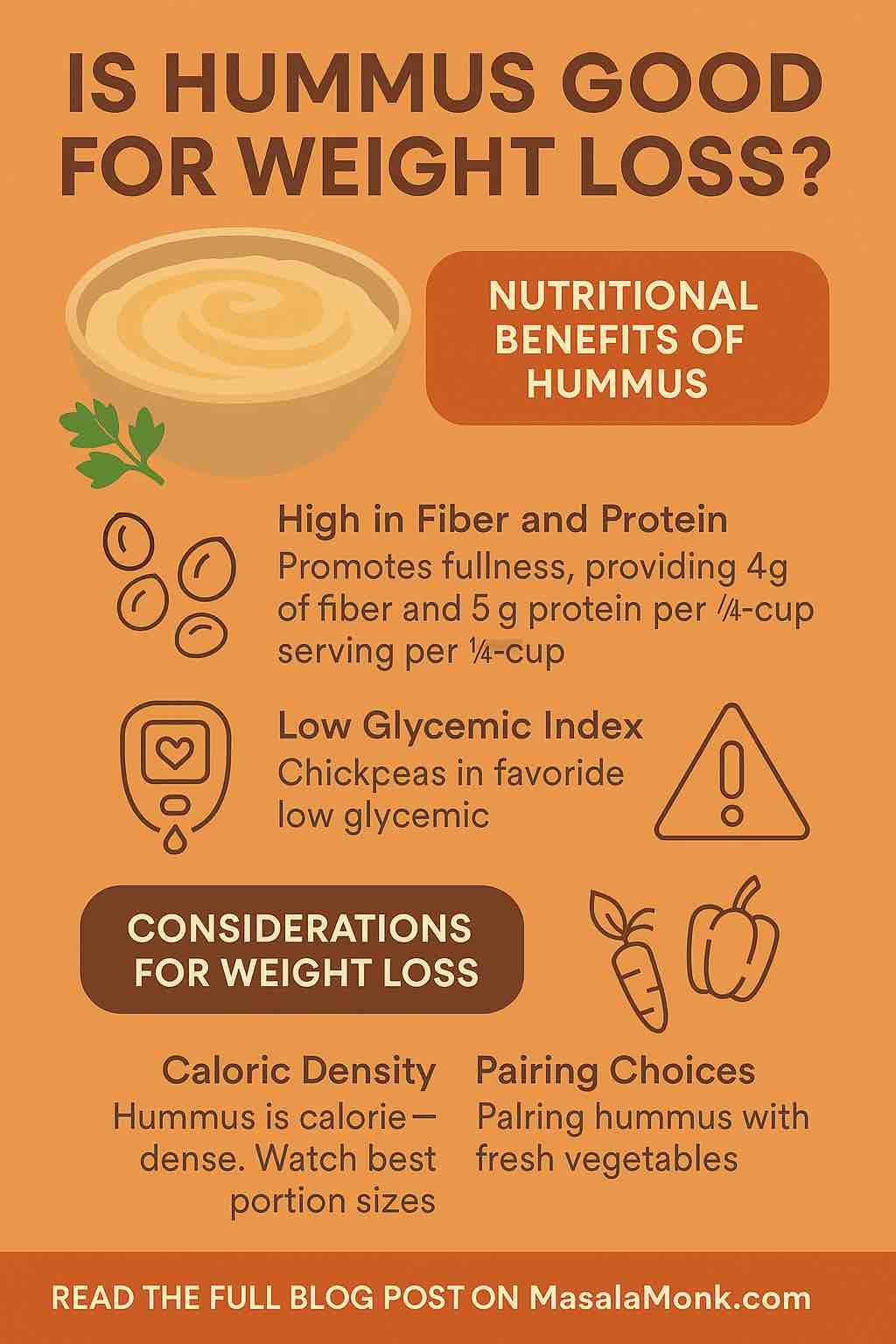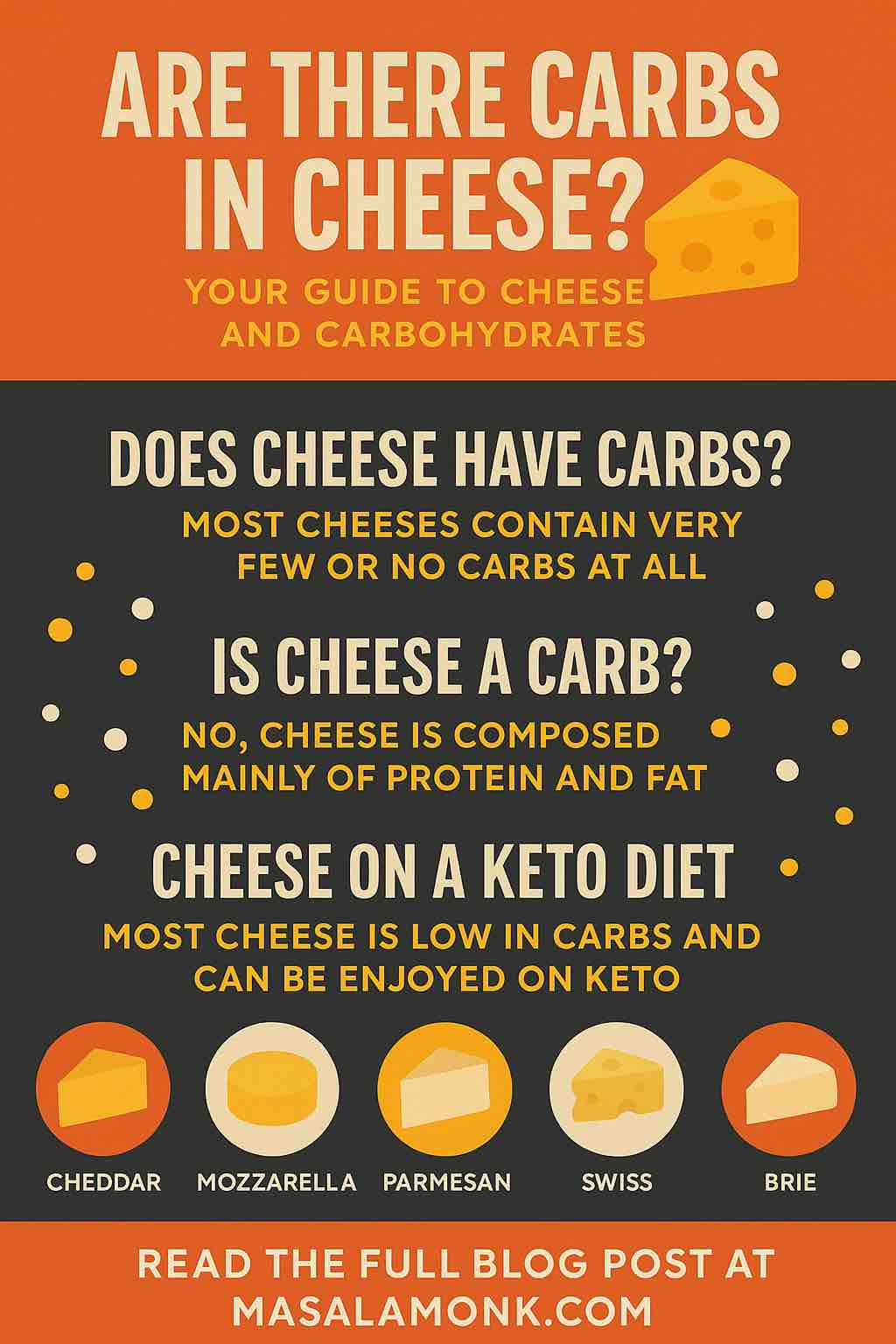
Cheese lovers who are following a ketogenic diet, you’re in for a treat! Cheese, with its rich flavors and varied textures, can be a delicious and satisfying part of your low-carb lifestyle. However, it’s essential to remember that not all cheeses are created equal, especially when it comes to their carbohydrate content. This detailed guide will delve into the carb counts of various types of cheese, their roles in a keto diet, and how to incorporate them into your meals.
is Cheese Keto and other Low Carb Diet friendly?
Cheese, with its high-fat, moderate-protein, and low-carb nutritional profile, is often a staple in ketogenic (keto) and other low-carb diets. The goal of these diets is to shift your body into a state of ketosis, where it burns fat for fuel instead of carbohydrates.
However, not all cheeses are created equal when it comes to carb content. Some cheeses, like Swiss and cheddar, have less than 1 gram of carbs per ounce, making them an excellent choice for those following a keto or low-carb diet. Others, like cottage cheese and Velveeta, have slightly higher carb counts and should be eaten in moderation.
For those following other types of low-carb diets, such as the Atkins or South Beach diets, cheese can also be a beneficial addition. These diets also limit carb intake, especially in the initial phases, and emphasize protein and fat intake. As such, the high protein and fat content of cheese can help to keep you feeling full and satisfied.
However, as with any food, it’s important to consume cheese in moderation. While it’s a nutritious food that can fit into various dietary patterns, it’s also high in calories and saturated fat, which can contribute to weight gain and other health issues if eaten in excess.
Carb Counts of Popular Cheeses
Cheese is a versatile food that can be incorporated into a variety of meals, from salads and sandwiches to gourmet dishes. It’s a rich source of protein and calcium, and many types of cheese also contain beneficial probiotics that support gut health. However, the carb content can vary significantly between different types of cheese, making some more suitable for certain diets than others.
The ketogenic, or keto, diet is a high-fat, moderate-protein, low-carb diet designed to put your body into a state of ketosis. In this metabolic state, your body burns fat for fuel instead of carbohydrates. Cheese, with its high fat and protein content and generally low carb count, is a natural fit for this diet. However, the carb content can vary between different types of cheese, so it’s crucial to choose wisely to stay within your daily carb limit.
But what about other diets? Whether you’re following a Mediterranean diet, a vegetarian diet, or simply trying to eat healthier, cheese can still have a place in your meal plan. Let’s take a closer look at the carb content in one ounce (28 grams) of some popular cheeses and explore some creative ways to incorporate them into various diets.
Cream Cheese
Cream cheese is a versatile option with only 1.6 grams of carbs per ounce. Its smooth texture and mild flavor make it a popular spread for bagels and a key ingredient in cheesecakes. For those on a keto diet, cream cheese can be used as a base for various dips and sauces, or added to a low-carb wrap for a creamy twist. For vegetarians, cream cheese can be spread on whole grain crackers and topped with fresh fruits or vegetables for a balanced snack.
Cottage Cheese
Cottage cheese contains about 3.4 grams of carbs per ounce, making it a higher-carb option compared to other cheeses. However, it’s a great source of protein, making it a popular choice for vegetarians and those following a Mediterranean diet. Consider pairing it with some fresh berries for a delicious and satisfying breakfast or snack. For those on a keto diet, remember to eat cottage cheese in moderation due to its higher carb content.
Feta Cheese
Feta cheese, known for its tangy flavor, contains 1.2 grams of carbs per ounce. It’s a staple in Greek cuisine and a great addition to salads and Mediterranean-inspired dishes. Try it with cucumber, olives, and a drizzle of olive oil for a quick and easy Greek salad. For those on a keto diet, the low carb content of feta cheese makes it a great choice.
Cheddar Cheese
Cheddar cheese, a classic choice, contains 0.4 grams of carbs per ounce, making it a great choice for snacking or topping off dishes. It’s a good source of calcium and protein, and its robust flavor makes it a favorite in many dishes. For those on a keto diet, cheddar cheese can be used in a variety of dishes, from omelets to keto-friendly grilled cheese sandwiches.
Mozzarella Cheese
Mozzarella cheese, with 0.6 grams of carbs per ounce, is a fantastic low-carb option. It’s a key ingredient in Italian cuisine, especially in dishes like pizza and caprese salad. For those on a keto diet, mozzarella is the perfect cheese for a keto-friendly pizza night. For vegetarians, fresh mozzarella can be paired with tomatoes and basil for a simple and delicious caprese salad.
American Cheese
American cheese contains about 2 grams of carbs per ounce. While it’s not the lowest carb option, it can still fit into a keto diet when used sparingly. It’s a classic choice for burgers or melted into an omelet. For those following a traditional American diet, this cheese can be used in a variety of dishes, from sandwiches to mac and cheese.
Parmesan Cheese
Parmesan cheese is very low in carbs, with only 0.9 grams per ounce. It’s a hard, aged cheese that’s packed with flavor, making it a great addition to a variety of dishes. For those on a keto diet, try it grated over zucchini noodles for a low-carb pasta alternative. For those following a Mediterranean diet, Parmesan can be used to add a burst of flavor to pasta dishes, salads, and soups.
Swiss Cheese
Swiss cheese contains 1.5 grams of carbs per ounce, making it a good option for sandwiches or as a snack. Its nutty flavor pairs well with fruits and whole grain bread, making it a good option for those following a balanced diet. For those on a keto diet, Swiss cheese can be enjoyed with cold cuts for a quick roll-up snack.
Ricotta Cheese
Ricotta cheese has about 2 grams of carbs per ounce. It’s a soft cheese that’s often used in Italian desserts and pasta dishes. For those on a keto diet, it can be used in moderation in dessert recipes, providing a creamy base for cheesecakes or as a filling for low-carb crepes. For vegetarians, ricotta can be used in a variety of dishes, from lasagna to stuffed shells.
Velveeta Cheese
Velveeta cheese contains about 3 grams of carbs per ounce. It’s a processed cheese product that’s known for its smooth melting properties, making it a popular choice for cheese sauces and dips. For those on a keto diet, it can be used sparingly due to its higher carb content. For those following a traditional American diet, Velveeta can be used in a variety of comfort food dishes, from mac and cheese to cheesy broccoli casserole.
Goat Cheese
Goat cheese contains about 0.2 grams of carbs per ounce, making it one of the lowest carb cheeses available. Its tangy flavor and creamy texture make it a great addition to salads and roasted vegetables. For those on a keto diet, goat cheese can be enjoyed as a snack with low-carb vegetables or added to salads for a burst of flavor. For vegetarians, goat cheese can be spread on whole grain crackers for a satisfying snack.
Queso
Queso, or cheese dip, can range from 1 to 3 grams of carbs per ounce, depending on the recipe. It’s a popular choice for a dip with tortilla chips or drizzled over Mexican dishes. For those on a keto diet, be sure to check the nutrition facts and choose a low-carb version. You can enjoy it as a dip with low-carb vegetables or drizzled over a plate of nachos made with low-carb tortilla chips.
Provolone Cheese
Provolone cheese contains about 0.6 grams of carbs per ounce, making it a good low-carb option. It’s a semi-hard cheese that’s often used in sandwiches and Italian dishes. For those on a keto diet, it can be used in sandwiches made with low-carb bread or melted over chicken for a satisfying dinner. For those following a Mediterranean diet, provolone can be used in a variety of dishes, from pasta bakes to stuffed peppers.
Pimento Cheese
Pimento cheese varies greatly depending on the recipe, but it typically contains about 2 grams of carbs per ounce. It’s a flavorful spread made with cheddar cheese, mayonnaise, and pimentos. For those on a keto diet, it can be used as a spread for celery sticks or cucumber slices. For those following a traditional Southern diet, pimento cheese can be enjoyed as a spread on crackers or in a sandwich.
American Cheese Slice
One slice of American cheese contains about 2 grams of carbs. It’s a convenient option for a quick snack or to melt over a burger. For those on a keto diet, it can be used to add a creamy element to burgers or omelets. For those following a traditional American diet, a slice of American cheese can be used in a variety of sandwiches or melted into a grilled cheese sandwich.
Here’s a more extensive breakdown of popular cheeses and their carbohydrate content per 1-ounce (28-gram) serving:
| Cheese Type | Carbs (grams) |
|---|---|
| Cheddar | 0.4 |
| Mozzarella | 1 |
| Parmesan | 0.9 |
| Swiss | 1.5 |
| Brie | 0.1 |
| Gouda | 0.6 |
| Blue Cheese | 0.7 |
| Feta | 1.2 |
| Cream Cheese | 1.2 |
| Ricotta | 3 |
| Cottage Cheese | 3.4 |
| Camembert | 0.1 |
| Halloumi | 0.5 |
| Provolone | 1 |
| Neufchâtel | 1.1 |
Is Cheese a Carb?
No! Cheese is not a carbohydrate. It’s mostly composed of protein and fat. The tiny amount of carbohydrates in cheese mainly comes from residual lactose.
This is why cheese fits so well into low-carb and ketogenic diets — you’re getting energy mainly from fats and proteins without many carbs.
Is Cheese High in Carbs?
No. Cheese is considered a low-carb food. Even the soft cheeses that have more carbs are still quite low compared to bread, pasta, or sugary snacks.
For people on a ketogenic diet, where carb intake is typically limited to 20–50 grams per day, cheese is an ideal food to enjoy.
Cheese on a Low-Carb or Keto Diet
If you’re asking “is cheese keto?”, the answer is overwhelmingly yes.
Because most cheese has minimal carbohydrates, it’s a keto diet staple. Cheese provides:
- Healthy fats
- Moderate protein
- Essential vitamins and minerals (calcium, vitamin A, B12)
Popular Keto-Friendly Cheeses
- Cheddar
- Mozzarella
- Parmesan
- Swiss
- Brie
- Gouda
- Blue Cheese
- Camembert
- Halloumi
These cheeses tend to have very low carbs and are rich in fats, making them perfect for maintaining ketosis.
What About Velveeta Cheese?
Velveeta and other processed cheeses have slightly more carbs than natural cheeses due to added ingredients. It’s still relatively low-carb, but you’ll want to check the nutrition label to confirm if it fits your daily carb limits.
How Much Cheese Can You Eat on Keto?
While cheese is keto-friendly, it’s important to practice moderation. Cheese is calorie-dense and high in saturated fats, so:
- Aim for 1–2 ounces (28-56 grams) of cheese per serving.
- Keep track of total carbs to avoid exceeding your daily limits.
- Combine cheese with non-starchy vegetables and proteins for balanced meals.
Are There Any Downsides to Eating Cheese?
While cheese is nutritious, here are a few considerations:
- Sodium content: Some cheeses are high in salt, which can be a concern for blood pressure.
- Lactose intolerance: If you’re lactose intolerant, you may want to avoid fresh cheeses and stick to aged varieties.
- Calories: Cheese is calorie-rich, so portion control is key if weight loss is your goal.
Frequently Asked Questions about Carbs in Cheese
1. Is cheese keto-friendly?
Yes, most cheeses are keto-friendly due to their high-fat, moderate-protein, and low-carb content. However, some cheeses have slightly higher carb counts, so it’s important to check the nutritional information.
2. How many carbs are in cream cheese?
Cream cheese contains about 1.6 grams of carbs per ounce, making it a keto-friendly option.
3. Can I eat cottage cheese on a keto diet?
Cottage cheese contains about 3.4 grams of carbs per ounce. While it’s higher in carbs than some other cheeses, it can still be included in a keto diet when eaten in moderation.
4. What is the carb count in cheddar cheese?
Cheddar cheese contains about 0.4 grams of carbs per ounce, making it a great low-carb option.
5. Is mozzarella cheese low in carbs?
Yes, mozzarella cheese contains about 0.6 grams of carbs per ounce, making it a good choice for a low-carb diet.
6. How many carbs are in a slice of American cheese?
One slice of American cheese contains about 2 grams of carbs.
7. Can I eat parmesan cheese on a low-carb diet?
Yes, parmesan cheese is very low in carbs, with only 0.9 grams per ounce, making it a good choice for a low-carb diet.
8. Is Swiss cheese suitable for a keto diet?
Yes, Swiss cheese contains 1.5 grams of carbs per ounce, making it a good option for a keto diet.
9. How many carbs are in ricotta cheese?
Ricotta cheese contains about 2 grams of carbs per ounce. It’s slightly higher in carbs than some other cheeses, so it should be eaten in moderation on a keto diet.
10. Can I eat Velveeta cheese on a keto diet?
Velveeta cheese contains about 3 grams of carbs per ounce. While it’s not the lowest carb option, it can still fit into a keto diet when used sparingly.
11. Is goat cheese low in carbs?
Yes, goat cheese is one of the lowest carb cheeses available, with about 0.2 grams of carbs per ounce.
12. How many carbs are in provolone cheese?
Provolone cheese contains about 0.6 grams of carbs per ounce, making it a good low-carb option.
13. Can I include cheese in my diet if I’m trying to lose weight?
While cheese is high in protein and can be included in a balanced diet, it’s also high in calories and saturated fat. It’s important to consume cheese in moderation and as part of a balanced diet. Always consult with a healthcare provider or a registered dietitian before making any major changes to your diet.
Conclusion
Cheese can be a delicious and satisfying part of a ketogenic diet. However, it’s essential to be aware of the carb content in different types of cheese to ensure you stay within your daily carb limit. As always, moderation is key, and it’s important to balance your cheese intake with a variety of other nutrient-dense, low-carb foods. With this guide, you can navigate the cheese aisle with confidence and continue to enjoy the rich, creamy goodness of cheese while sticking to your keto goals.
Remember, this blog post is for informational purposes only and should not replace professional medical advice. Always consult with a healthcare provider before making changes to your diet or supplement regimen.

